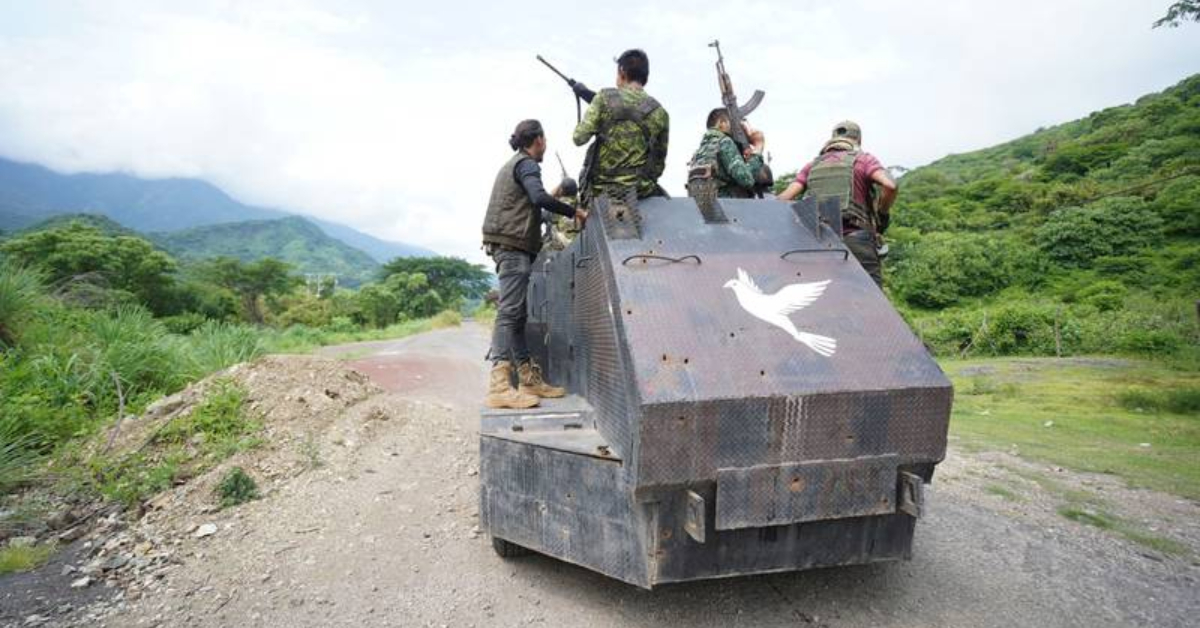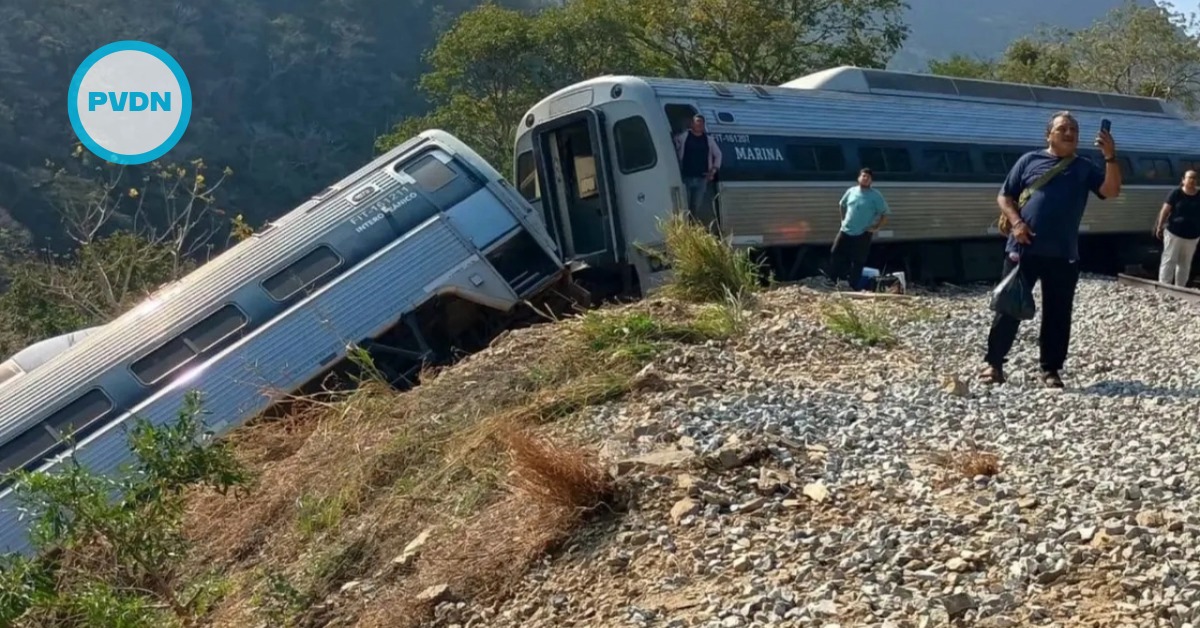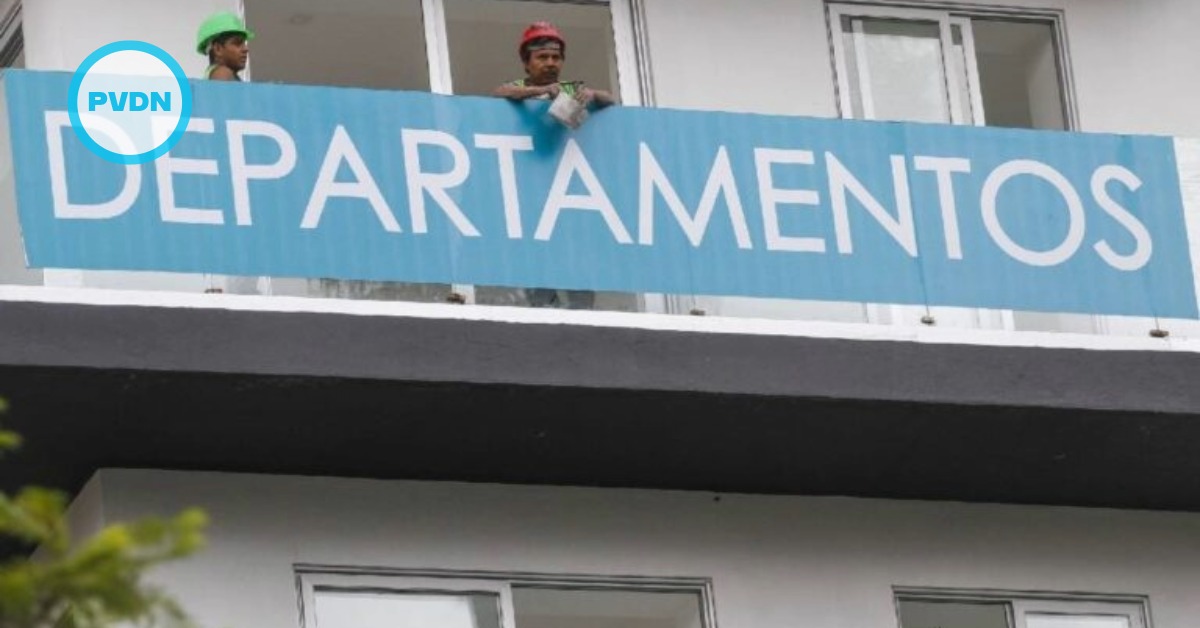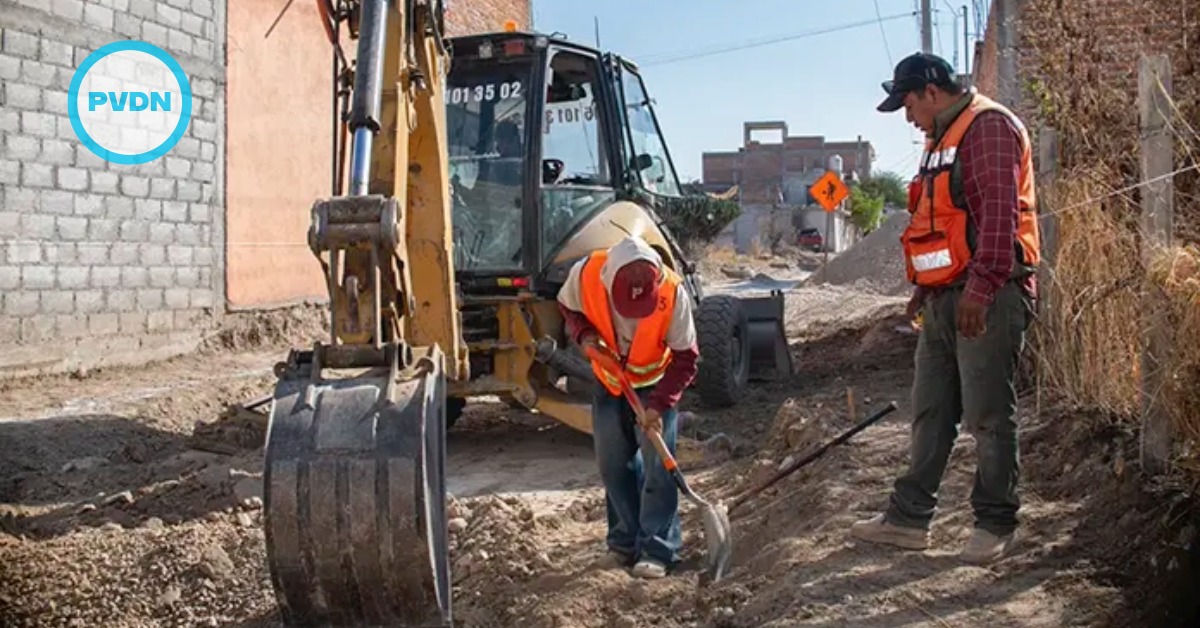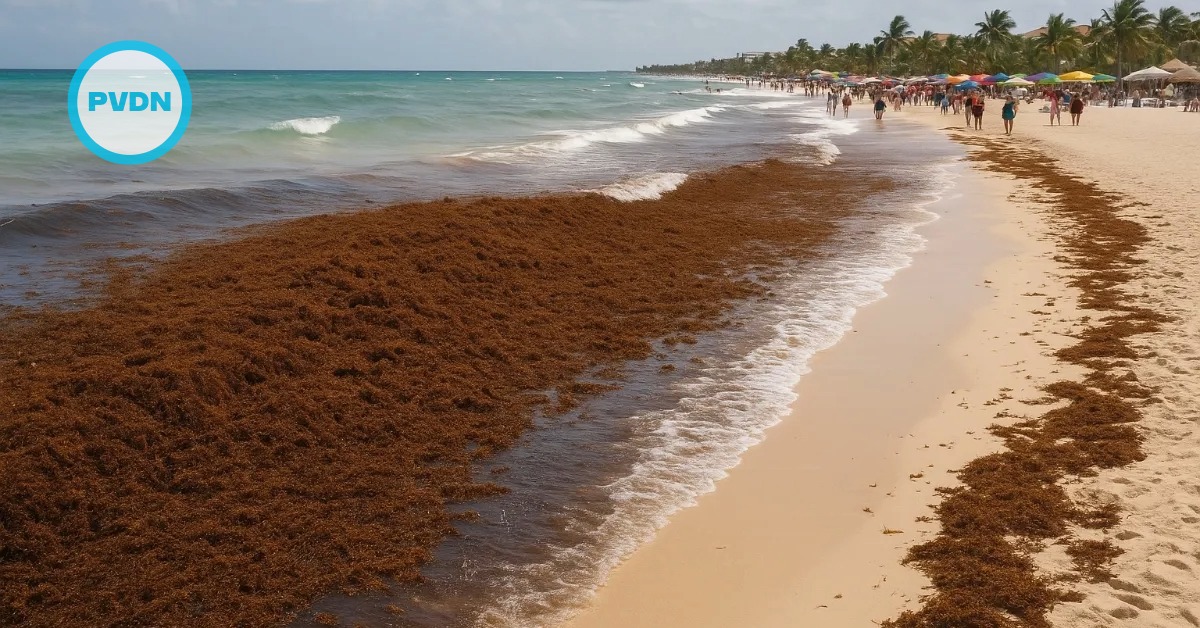Soldiers from the Secretariat of National Defense (Sedena) and elements of the National Guard (GN) arrested 37 alleged members of the Jalisco Nueva Generación Cartel (CJNG) in the municipality of Hidalgo, Michoacán.
The alleged elements of the CJNG were surprised by federal forces this morning when they were sleeping. The uniformed officers seized 35 weapons, both long and short, and thousands of useful cartridges, in a camp. The illegal shelter was also destroyed, which is located in the community called “El Caracol”.
Sources from the Ministry of Public Security (SSP) confirmed the raid . . .


